Search
Search Results
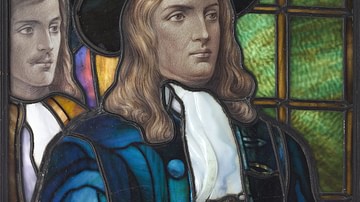
Article
William Penn's Holy Experiment
In the 17th century, many groups of British Christians rose and fought against religious intolerance and corruption. The Puritans sought a return to biblical religion and a purified form of Christianity in England. This resulted in the Puritan...
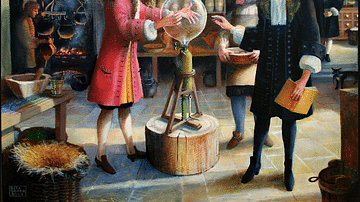
Image
Hooke & Boyle Air Pump Experiment
An illustration titled The Scientists by Rita Greer showing the scientists Robert Hooke (1635-1703) and Robert Boyle (1627-1691) conducting an experiment with an air pump.
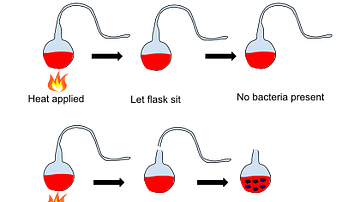
Image
Pasteurization Experiment
Louis Pasteur's pasteurization experiment illustrates the fact that the spoilage of liquid was caused by particles in the air rather than the liquid itself. These experiments were important pieces of evidence supporting the idea of Germ Theory...

Video
The Athenian Agora and the experiment in democracy
Speakers: Dr. Steven Zucker and Dr. Beth Harris

Article
Egyptian Gods - The Complete List
The gods and goddesses of Ancient Egypt were an integral part of the people's everyday lives for over 3,000 years. There were over 2,000 deities in the Egyptian pantheon, many whose names are well known - Isis, Osiris, Horus, Amun, Ra, Hathor...

Definition
Scientific Method
The scientific method was first used during the Scientific Revolution (1500-1700). The method combined theoretical knowledge such as mathematics with practical experimentation using scientific instruments, results analysis and comparisons...
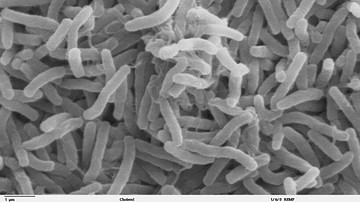
Definition
Germ Theory
The germ theory, which emerged in the late 19th century, demonstrated that microscopic germs caused most human infectious diseases. The germs involved included bacteria, viruses, fungi, protozoa, and prions. Louis Pasteur (1822-1895), a French...
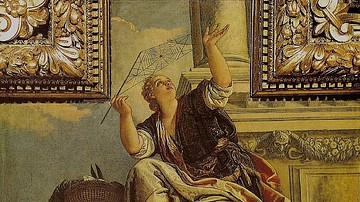
Definition
Arachne
Arachne, from the Greek arákhnē (meaning spider), is a figure in Greek mythology whose talent for weaving was renowned and who famously challenged the goddess Minerva to a weaving competition. As told in Ovid’s (43 BCE-17 CE) Metamorphoses...
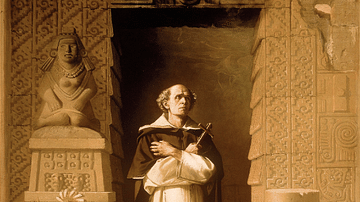
Definition
Bartolomé de Las Casas
Bartolomé de Las Casas (1484-1566) was a Spanish Dominican friar and former conquistador who revealed the atrocities of the conquests of New Spain and Peru and who strove to protect the basic rights of indigenous peoples in the Spanish Empire...
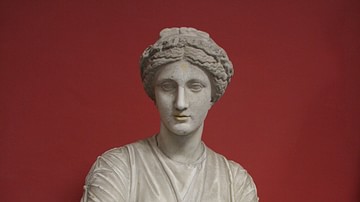
Article
Hesiod on the Birth of the Gods
The Greek poet Hesiod (c. 700 BCE) is most famous for his works Theogony and Works and Days. In this passage from Theogony, Hesiod relates the birth of the gods from cosmic Chaos and follows the lineage through the great Zeus, King of the...